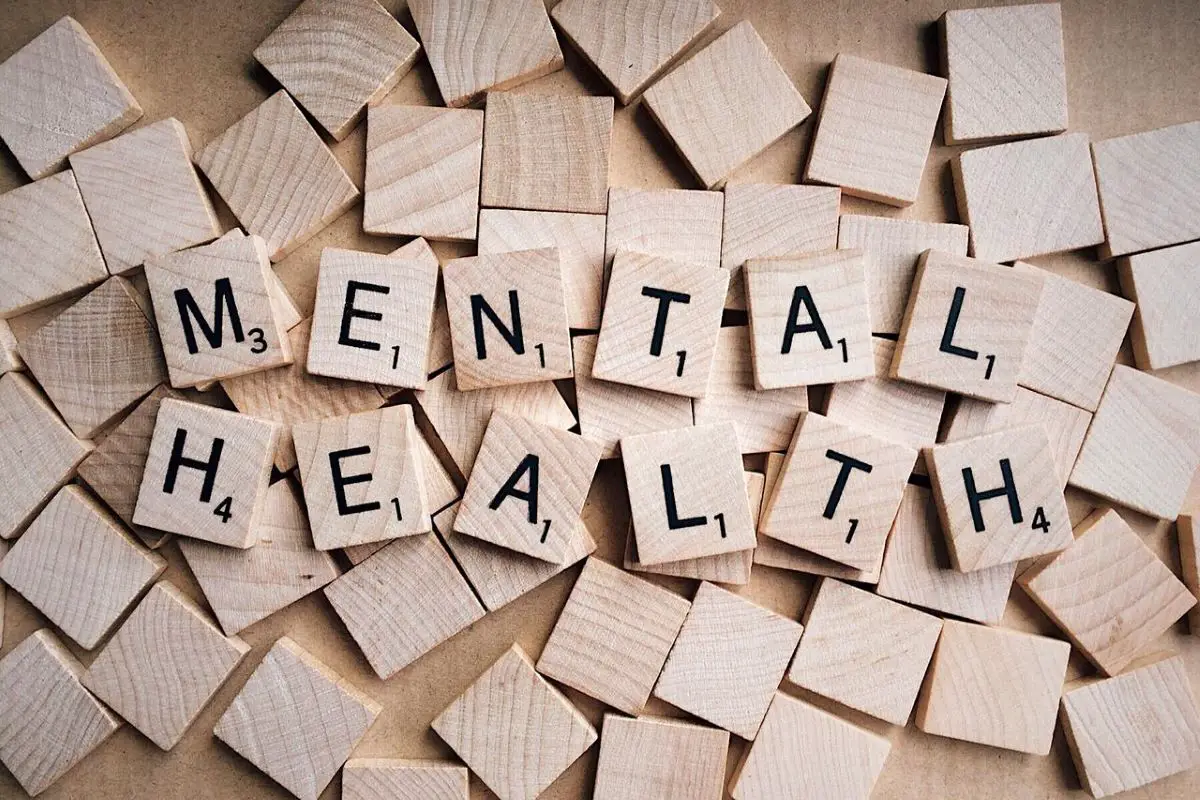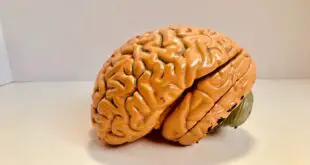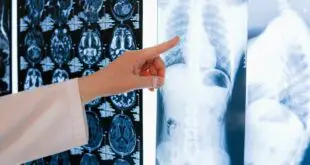Good mental health is essential for every human, and it needs to be nurtured from infancy right to our adult stage. What comes to your mind when you hear about mental health? Emotions and physical behaviors, right? That’s because your mental health tells about how you react to situations around you. Therefore, your behavioral threats are critical in understanding your mental health.
Although mental health issues can affect anyone at different ages, children aged 12- 16 years are more at a higher risk. Markedly, for a child to grow up normal and healthy, they need good mental health. Bad parenting and other adverse events around them can easily influence children’s mental health.
A mentally okay child can quickly adapt to circumstances, solve most of their challenges, and build a positive and healthy relationship. However, a mental disorder in children causes excessive depression, anxiety, poor relationship with peers, and self-harm.
When they begin to portray these treats that question their mental health, their guardian should be ready to get them help. Of course, a child has the right to feel hurt, sad, or angry when the need arises, but frequent occurrence of this means they need help.
How Often It Happens/ How Common It Is
Research has shown that Attention-Deficit/Hyperactivity Disorder (ADHD) is common among children. Which is followed by Conduct Disorder (CD), depression, and anxiety. According to the statistics collected by the Center for Disease Control and Prevention (CDC), 9.8% of children are diagnosed with ADHD, 9.4% with anxiety, 4.4% with depression, and 8.9% with behavioral issues. You must understand what each of these disorders means and their symptoms to be able to pinpoint these symptoms when you notice them.
Since children are young, they are not emotionally mature and are more likely to suffer from mental health issues. You should be ready to seek professional help, for example enrolling them in special programs like KIDTHINK workshops, where they will work closely with seasoned experts in children’s mental health when you notice that these behavioral issues are becoming a frequent occurrence.
Help Them Become Emotionally Mature
There are a lot of factors to help children become emotionally mature and prevent mental issues. Some of which are;
Allowing your kid to express themselves – encourage them by allowing them to express their thoughts and feelings. Do not rebuke their feelings but try to tell them you understand how they feel, and they’ll feel safer opening up to you.
For instance, they got upset because someone had taken their toy away. Don’t just disapprove of their anger abruptly; tell them you understand how it feels to have something taken away from you, but it’s never okay to curse, even when upset.
Acknowledge their perspective, so they feel understood. When a child is upset and you can’t do anything, try to empathize with them. Think back about how you feel when you are upset, and your friend calms you down even when you’re upset. It’s like a safe haven when they try to see things through your perspective and understand your feelings. Children are no different; they need to feel understood. Remember, emphasizing doesn’t mean you agree; you only understand their pain – everyone loves that.
Finally, teach them how to solve their problems. The right and healthy way to go about every problem they face.
Key In Their Development
You may be wondering what causes mental disorders? Studies suggest that genetics is one of the causes of some mental health issues. Coupled with other factors like psychological trauma and stress.
Understanding The Symptoms
As children get older, mental health symptoms change. Always look out to see if your child faces difficulties in how he/she speaks, acts, and learns.
For instance, a child who has ADHD will have symptoms like – difficulty in staying calm and quiet, mainly in quiet surroundings. You may also notice things like excessive talking, constant fidgeting, acting without thinking, and even engaging in dangerous behaviors and actions like ignoring product safety labels and putting their well-being and the well-being of others in jeopardy.
Help Them Navigate It
Finally, as a parent/guardian, you owe your children your responsibility. So if you notice something unusual about your child or any child, try to seek professional health. Early professional attention will help children with mental disorders develop healthily.
On your path, make your kids feel secure, and monitor their relationships with others. Lastly, monitor their growth at home and in school.
 Being Human
Being Human




